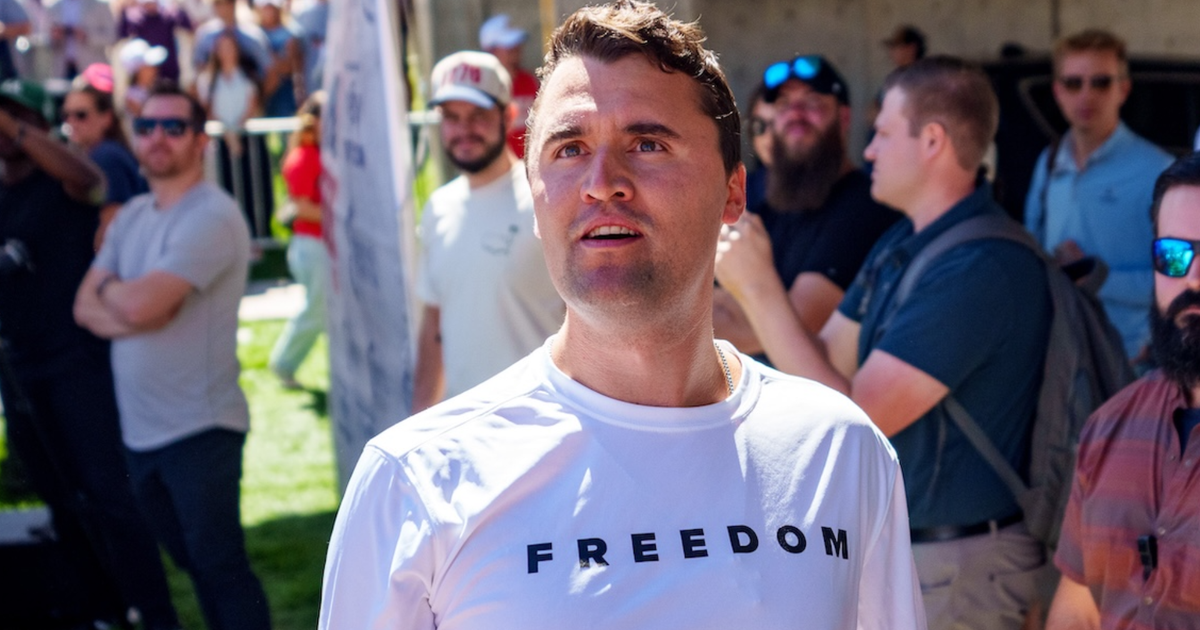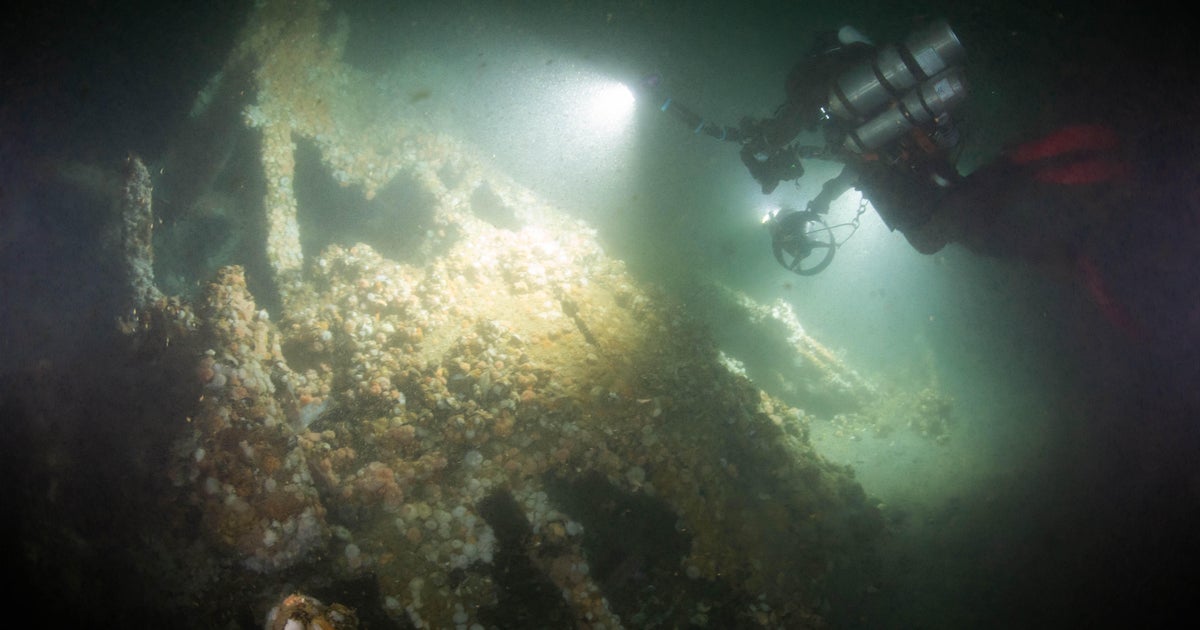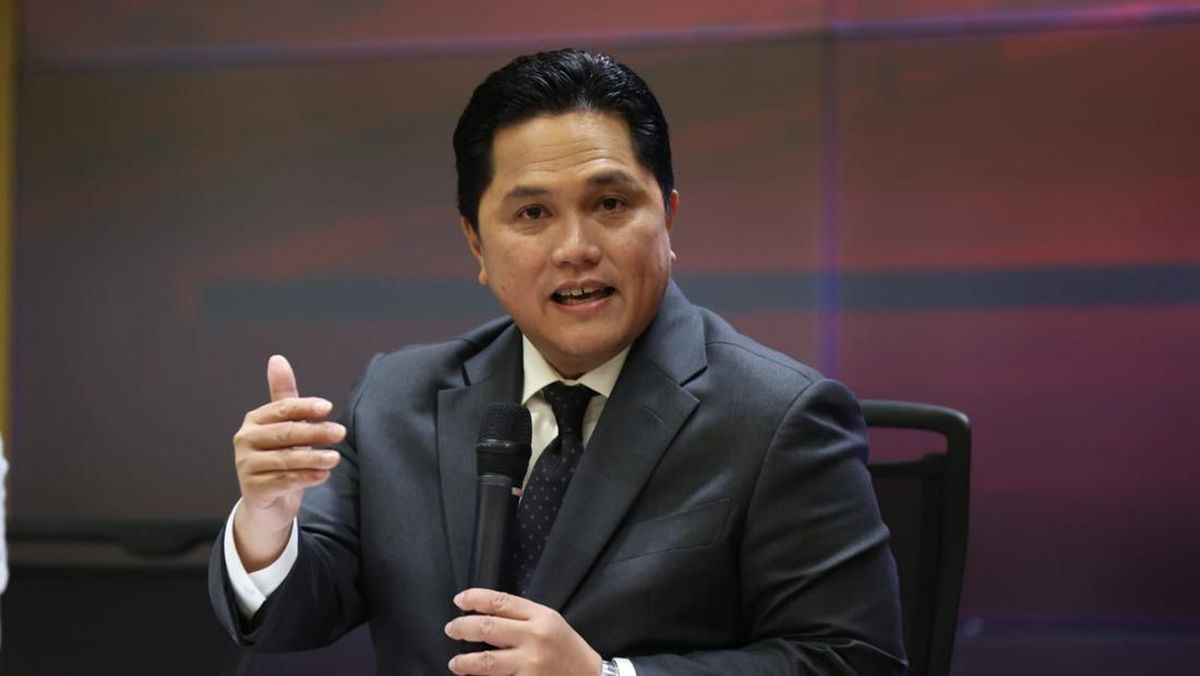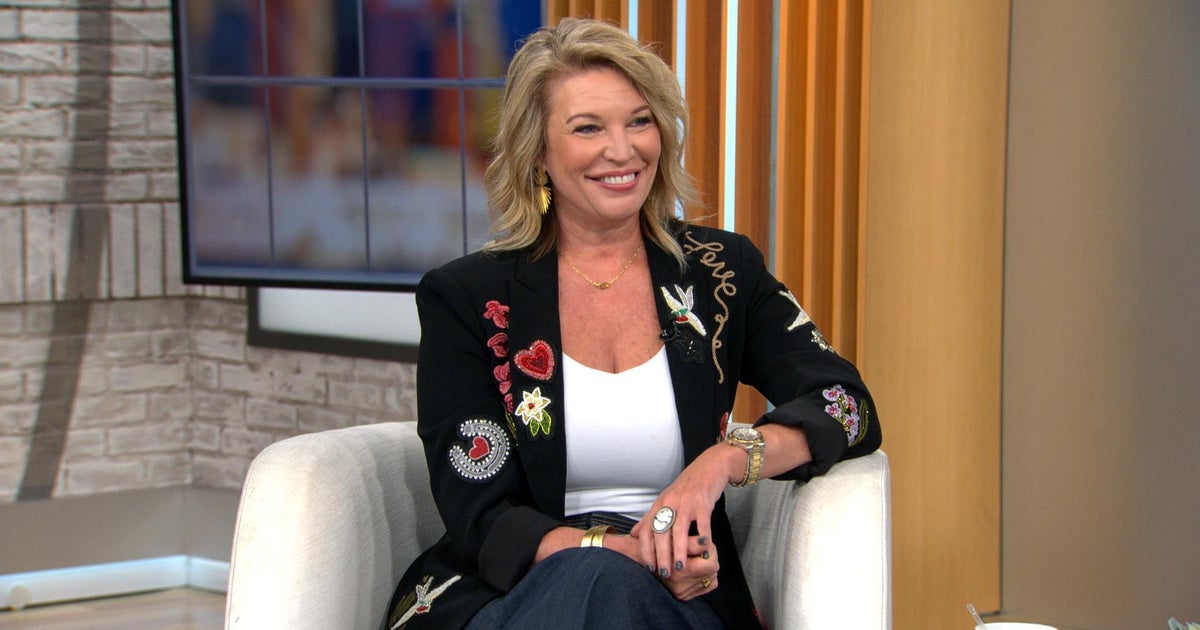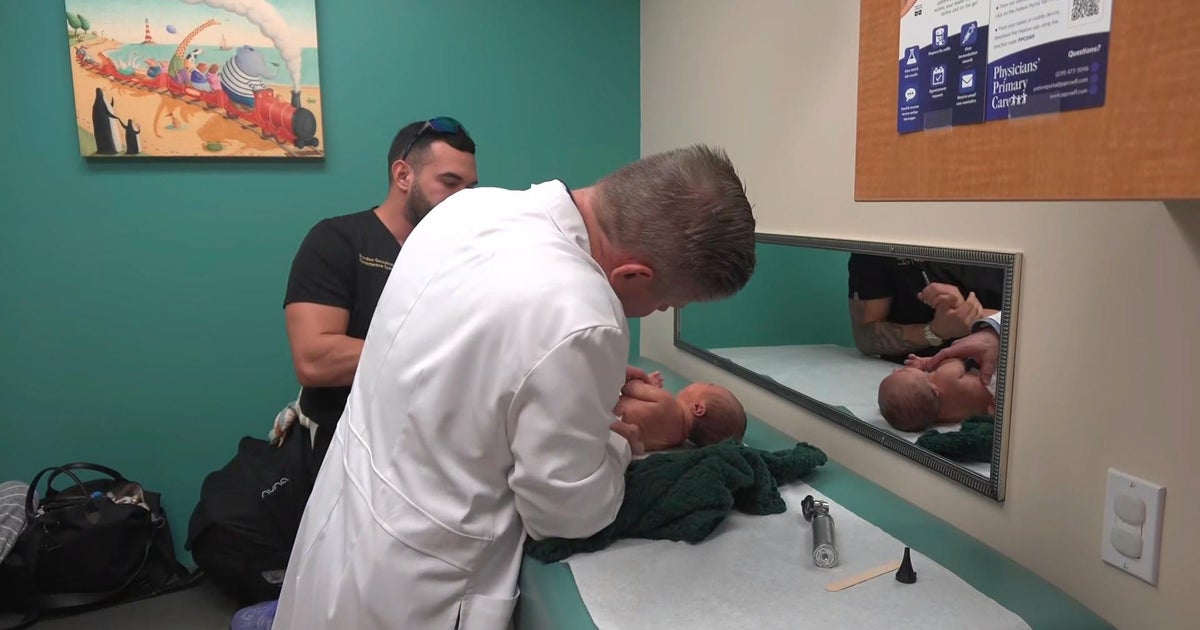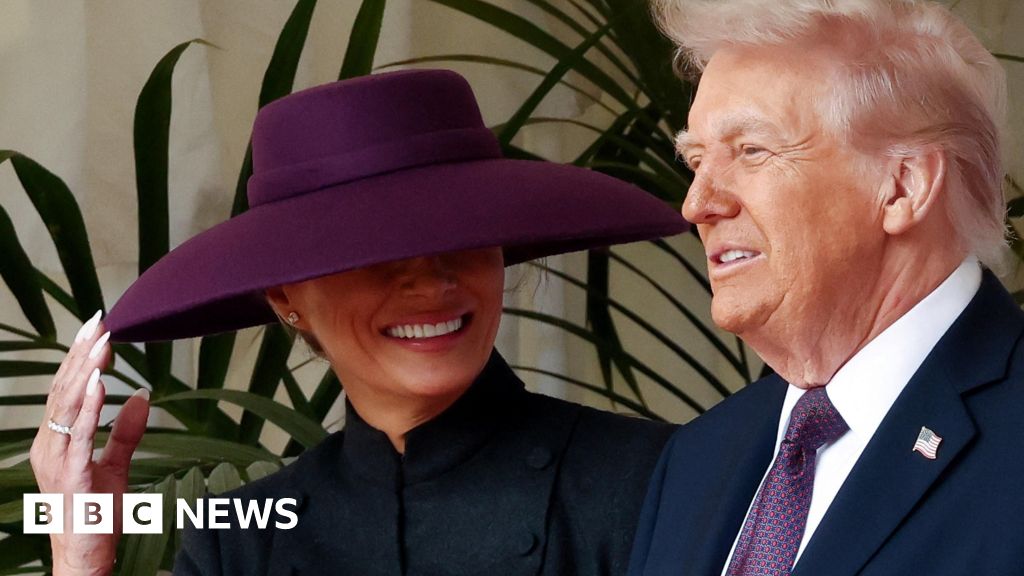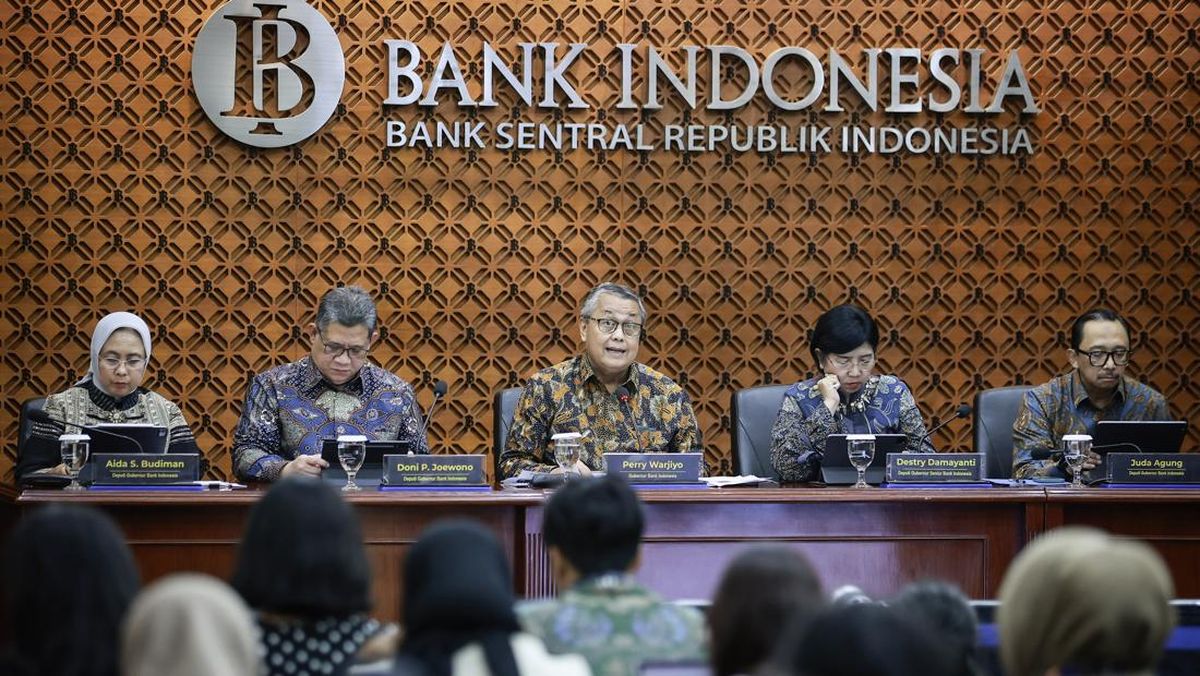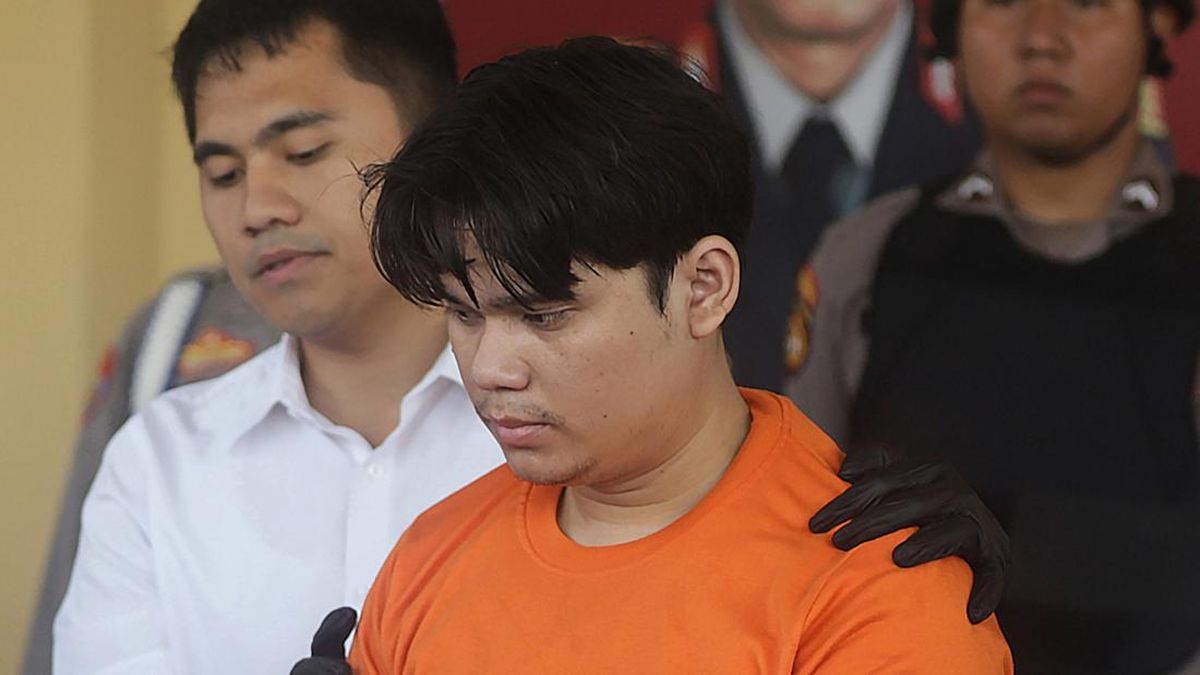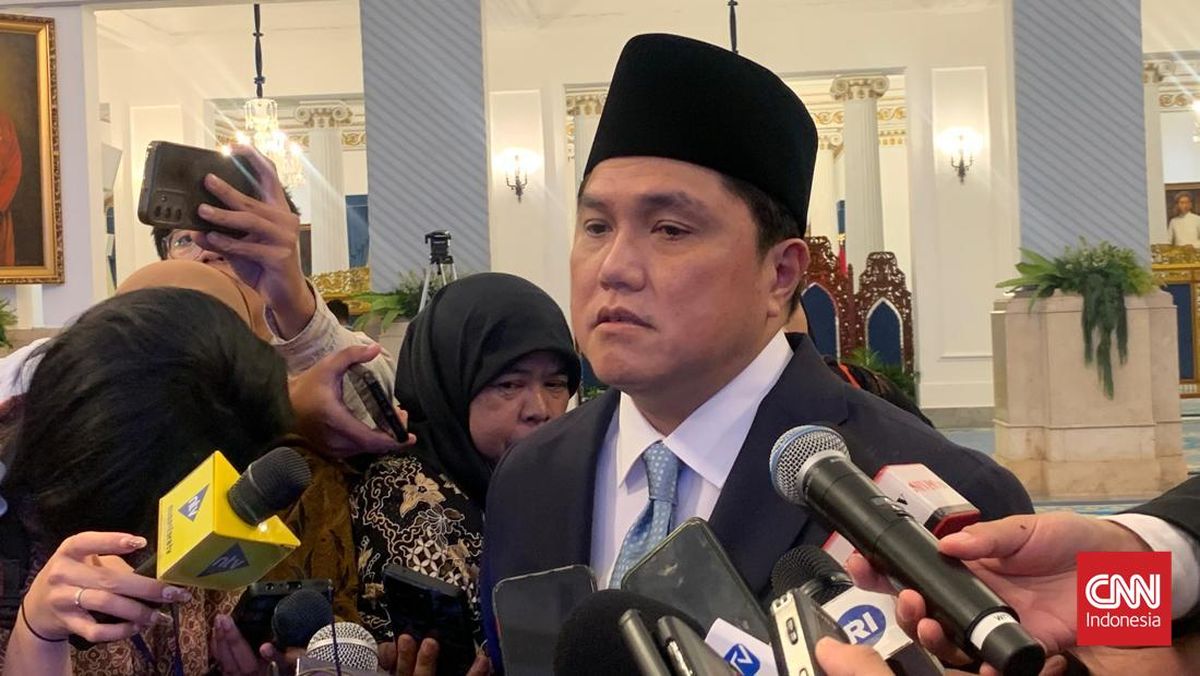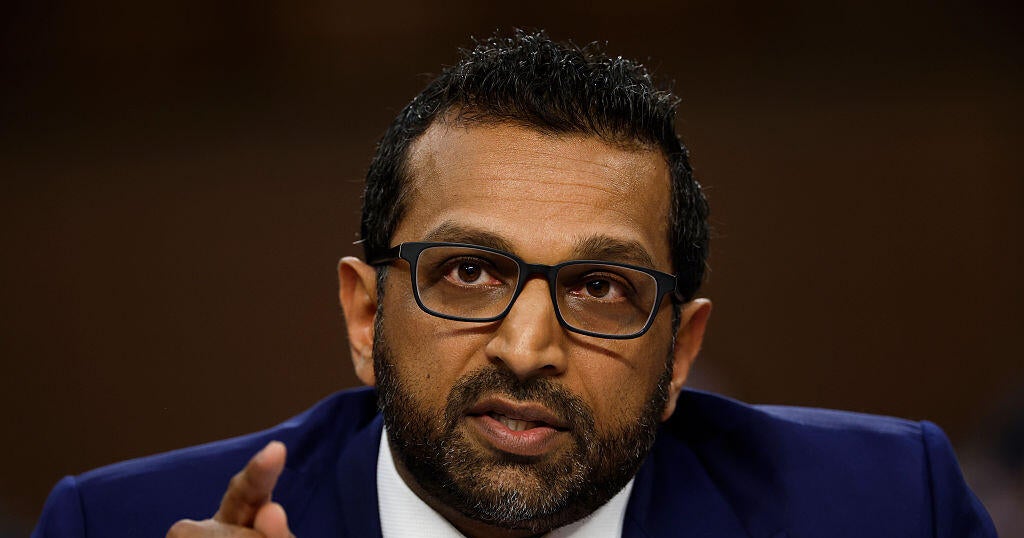The threat by US President Donald Trump to impose a 200 per cent tariff on pharmaceutical imports would not only be a $2.2 billion blow to Australia but builds on the distrust, confusion and bewilderment around his scatter-gun and shifting policies.
Trump has announced that foreign pharmaceutical producers would be given a grace period to move production to the US. “We’re going to give [drug manufacturers] about a year, a year and a half to come in, and after that, they’re going to be tariffed,” he said. “They’re going to be tariffed at a very, very high rate, like 200 per cent.”

Pharmaceuticals are the third-biggest category in Australia’s export trade with the US, after beef and gold.Credit: Louie Douvis
With pharmaceutical products the third-biggest category in Australia’s lopsided export trade with the US, after beef and gold, Trump’s announcement unfortunately carries the taint of behind-the-scenes pressure from America’s pharmaceutical industry. So-called “Big Pharma” has an intense dislike of our Pharmaceutical Benefits Scheme, which forces drug companies to negotiate prices with the Australian government rather than individual buyers. The scheme gives purchasing power to the government, keeps prices down and infuriates grasping US drug industry leaders. They have lobbied the Trump administration to impose retaliatory tariffs on Australia.
Treasurer Jim Chalmers gave short shrift to Trump’s latest tariff gambit and ruled out changes to the PBS. “I want to make it really clear, once again, as we have on a number of occasions before, our Pharmaceutical Benefits Scheme is not something that we’re willing to trade away or do deals on,” Chalmers told ABC Radio.
The week Trump announced his tariffs, the Herald reported on Michael Smith, a former meat worker from Leeton, who has been given the first next-generation device that mimics the heart’s pulse to help pump blood around the body. Doctors at Sydney’s St Vincent’s Hospital described it as a quantum leap in the technology that has saved thousands of lives from heart failure.
Many people in charge in the US are as antagonistic to such government-subsidised research as they are to the PBS, yet simultaneously remain steadfastly oblivious to the rottenness of their health system.
Loading
Trump has been talking about pharmaceuticals since he began rolling out his tariff agenda, despite industry concerns that duties could wreak havoc on supply chains, exacerbate drug shortages and drive up costs for everyday Americans who are already shackled by an expensive health system that is not universal and primarily serves the wealthy or the employed, whose employers pay their health insurance.
The term TACO trade – Trump Always Chickens Out – was coined by an English commentator in May to describe the president’s pattern of announcing heavy tariffs on countries, causing economic shock, panic and stock market hits, and then reversing course with pauses or reductions that create a market rebound. The world has taken Trump’s latest tariff threats with a grain of salt, with global share markets barely budging.
Perhaps Trump’s habit of chickening out offers Australia a slim hope. But even if he halves his threat, our pharmaceutical industry would suffer a massive hit.
Bevan Shields sends an exclusive newsletter to subscribers each week. Sign up to receive his Note from the Editor.

